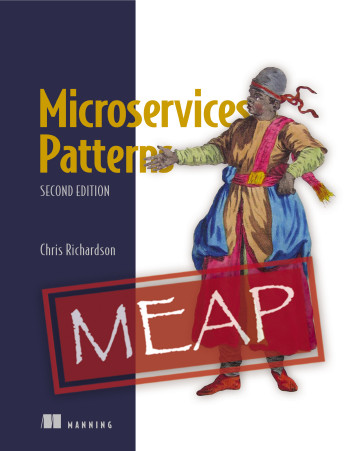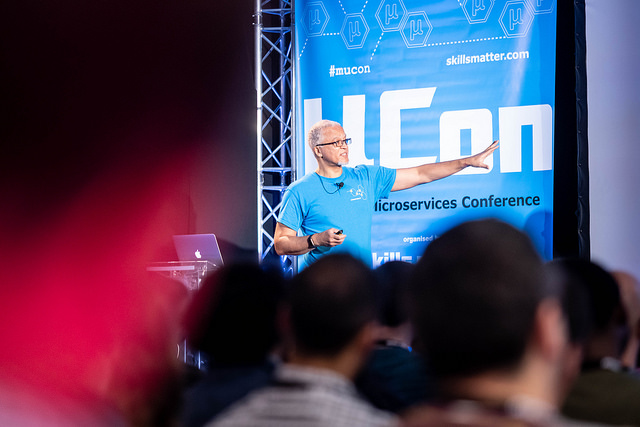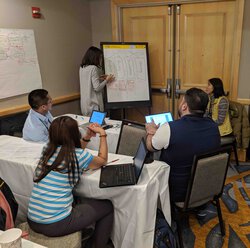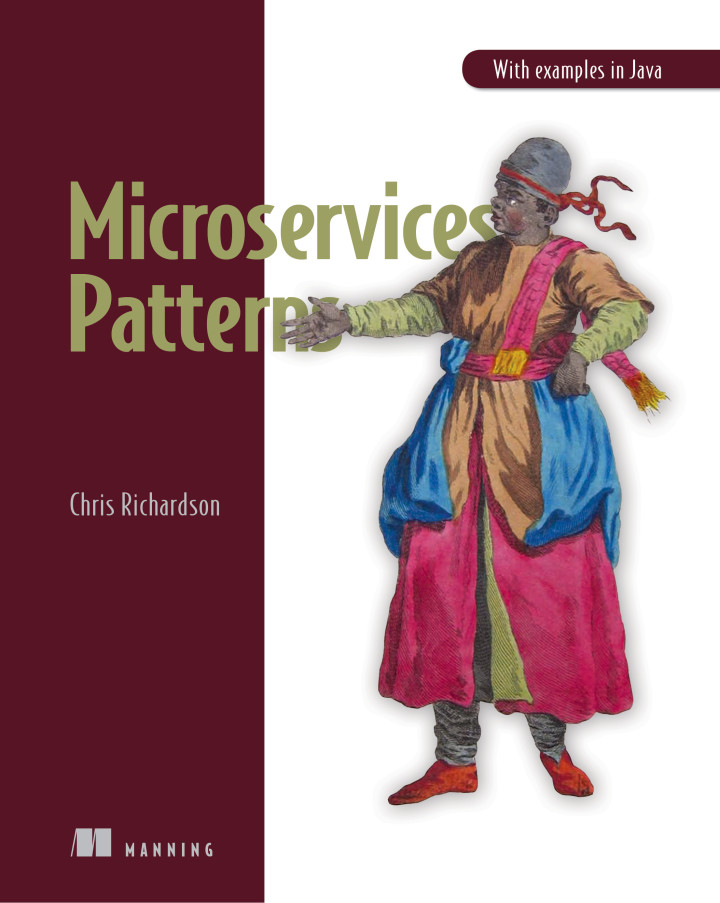Microservice Architecture
Supported by KongMicroXchg 2018: Managing data consistency in a microservice architecture using Sagas
The services in a microservice architecture must be loosely coupled and so cannot share database tables. What’s more, two phase commit (a.k.a. a distributed transaction) is not a viable option for modern applications. Consequently, a microservices application must use the Saga pattern, which maintains data consistency using a series of local transactions.
In this presentation, you will learn how sagas work and how they differ from traditional transactions. We describe how to use sagas to develop business logic in a microservices application. You will learn effective techniques for orchestrating sagas and how to use messaging for reliability. We will describe the design of a saga framework for Java and show a sample application.
Slides
Code
There are three versions of the customers and orders example:
- Choreography-based saga where the services publish domain events using the Eventuate Tram framework
- Orchestration-based saga where the
Order Serviceuses a saga orchestrator implemented using the Eventuate Tram Sagas framework - Choreography and event sourcing-based saga where the services publish domain events using the Eventuate event sourcing framework
Video
Take a advanced microservices training class: distributed data management in a microservice architecture
I offer an advanced microservices class - distributed data management in a microservice architecture - that covers sagas, event sourcing and CQRS.
About Microservices.io
Microservices.io is created by Chris Richardson, software architect, creator of the original CloudFoundry.com, and author of Microservices Patterns. Chris advises organizations on modernization, architecture, and building systems that avoid becoming modern legacy systems.
Need help modernizing your architecture?
Avoid the trap of creating a modern legacy system — a new architecture with the same old problems.
Contact me to discuss your modernization goals.
Microservices Patterns, 2nd edition

I am very excited to announce that the MEAP for the second edition of my book, Microservices Patterns is now available!
Learn moreASK CHRIS
Got a question about microservices?
Fill in this form. If I can, I'll write a blog post that answers your question.
NEED HELP?

I help organizations improve agility and competitiveness through better software architecture.
Learn more about my consulting engagements, and training workshops.
LEARN about microservices
Chris offers numerous other resources for learning the microservice architecture.
Example microservices applications
Want to see an example? Check out Chris Richardson's example applications. See code
Virtual bootcamp: Distributed data patterns in a microservice architecture

My virtual bootcamp, distributed data patterns in a microservice architecture, is now open for enrollment!
It covers the key distributed data management patterns including Saga, API Composition, and CQRS.
It consists of video lectures, code labs, and a weekly ask-me-anything video conference repeated in multiple timezones.
The regular price is $395/person but use coupon OFFEFKCW to sign up for $95 (valid until Sept 30th, 2025). There are deeper discounts for buying multiple seats.
Learn how to create a service template and microservice chassis
Take a look at my Manning LiveProject that teaches you how to develop a service template and microservice chassis.

BUILD microservices
Consulting services
Engage Chris to create a microservices adoption roadmap and help you define your microservice architecture,
The Eventuate platform
Use the Eventuate.io platform to tackle distributed data management challenges in your microservices architecture.

Eventuate is Chris's latest startup. It makes it easy to use the Saga pattern to manage transactions and the CQRS pattern to implement queries.
Join the microservices google group
Topics
Note: tagging is work-in-process
Cynefin · DDD · GitOps · Microservices adoption · ancient lore · anti-patterns · api gateway · application api · application architecture · architecting · architecture · architecture documentation · assemblage · automation · beer · books · build vs buy · containers · culture · dark energy and dark matter · decision making · deliberative design · deployability · deployment · deployment pipeline · design-time coupling · developer experience · development · devops · docker · eventuate platform · evolvability · fast flow · genAI development · generative AI · glossary · health · hexagonal architecture · idea to code · implementing commands · implementing queries · inter-service communication · kubernetes · loose coupling · manning publications · microservice · microservice architecture · microservice chassis · microservices adoption · microservices platforms · microservices rules · microservicesio updates · modifiability · modular monolith · multi-architecture docker images · observability · pattern · pattern language · patterns · refactoring · refactoring to microservices · resilience · runtime coupling · sagas · scripting · security · service api · service architecture · service blueprint · service collaboration · service design · service discovery · service granularity · service template · socio-technical architecture · software delivery metrics · success triangle · survey · tacos · team topologies · technical debt · testability · testing · transaction management · transactional messaging · wardley mapping
The patterns
Application architecture patterns
Decomposition
- Decompose by business capability
- Decompose by subdomain
- Self-contained Servicenew
- Service per teamnew
Refactoring to microservicesnew
Data management
- Database per Service
- Shared database
- Saga
- Command-side replica
- API Composition
- CQRS
- Domain event
- Event sourcing
Transactional messaging
Testing
Deployment patterns
- Multiple service instances per host
- Service instance per host
- Service instance per VM
- Service instance per Container
- Serverless deployment
- Service deployment platform
Cross cutting concerns
Communication style
External API
Service discovery
- Client-side discovery
- Server-side discovery
- Service registry
- Self registration
- 3rd party registration
Reliability
Security
Observability
- Log aggregation
- Application metrics
- Audit logging
- Distributed tracing
- Exception tracking
- Health check API
- Log deployments and changes
UI patterns
 Premium content now available for paid subscribers at
Premium content now available for paid subscribers at 

